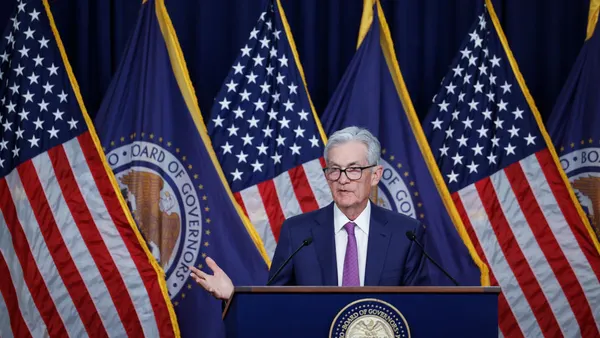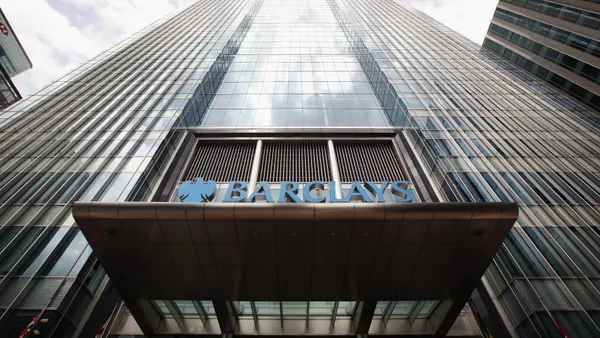Judge Amy Berman Jackson denied the Justice Department’s appeal Wednesday of the preliminary injunction she granted last week, reversing a stop-work order at the Consumer Financial Protection Bureau and reinstating fired employees and canceled contracts.
The DOJ took issue with the breadth of the order, arguing Tuesday that it “commandeers significant swaths of agency administration.”
The injunction “appears to reflect a deeply problematic premise: that the CFPB as it existed on January 19, 2025, should be the benchmark for minimum statutory compliance, and that any departure from that model carries a taint of illegality,” the DOJ wrote. “Neither statute nor precedent supports such a conclusion.”
The DOJ also refuted Berman Jackson’s assertion that the CFPB would “be dissolved and dismantled completely in approximately thirty days” without intervention.
“This belief — which is incorrect and based on outdated evidence since clarified by the current agency leadership — formed the entire justification for this Court’s injunction,” the DOJ wrote.
In a memo filed with the court Wednesday, the National Treasury Employees’ Union – representing the CFPB workforce – said the DOJ’s argument “relies on a fictional account of the facts that is entirely at odds with the findings of this Court.”
The DOJ cites March testimony from the CFPB’s chief operating officer, Adam Martinez, who told the court that when the bureau was founded, it was “never supposed to” employ “above 1,000 people” – far below the workforce of 1,700 the CFPB has now.
Berman Jackson, in justifying her injunction order Friday, also cited Martinez’s appearance on the stand, noting “multiple painful pauses when you could see the battle between his conflicting loyalties to his new employers and to the truth playing out on his face.”
The DOJ on Wednesday attempted to couch CFPB Acting Director Russ Vought’s Feb. 10 stop-work order as temporary.
“The Court, however, failed to distinguish between a temporary directive asking employees to briefly pause non-urgent work during a transition period, on the one hand, and the wholesale elimination of an agency on the other,” the DOJ wrote. “Consequently, the Court improperly prevented the agency from making use of a legitimate management tool.”
The DOJ also took issue with the order’s prohibition on right-sizing the CFPB workforce.
“Nearly every agency, including the CFPB, has the authority to make policy choices about how to implement statutory directives — whether mandatory or discretionary — and it is not uncommon for agency leadership to reevaluate these policy choices at the start of a new administration,” the DOJ wrote. “The Court nowhere explains why keeping the CFPB open requires prohibiting all workforce adjustments. … The ability to conduct reductions in force is a power enjoyed by nearly every agency in the Executive Branch.”
The U.S. Court of Appeals for the D.C. Circuit is set to hear oral arguments April 9 in the DOJ’s appeal of Berman Jackson’s injunction. The three-judge panel consists of two Trump appointees and one Obama appointee.














